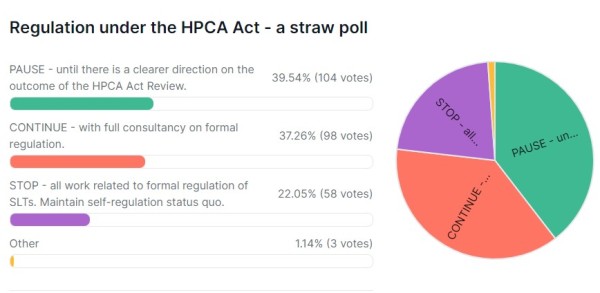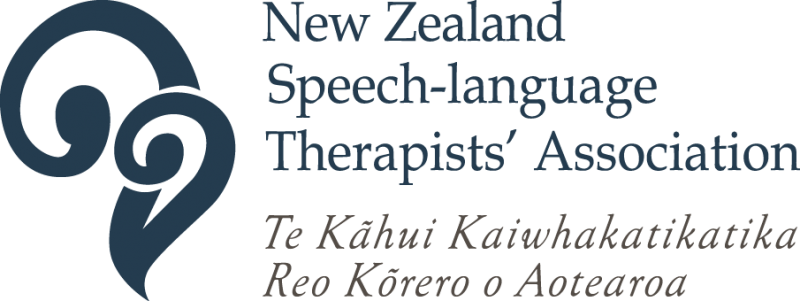Working with and on behalf of its members, NZSTA plays an active role and speaks up on issues impacting speech-language therapy practice and the health and well-being of our communities.
We meet with government and non-governmental agencies and contribute to policy and public debates on various issues to ensure:
- They understand and appreciate speech-language therapists' contribution to the health and well-being of New Zealanders and the value our members generate.
- NZSTA is in a strong position to propose practical solutions to the adverse issues affecting our members and clients, as well as to key influencers and policy decision-makers.
Our key advocacy campaign
Our current recommendation to the Government is to build much-needed capacity in the speech-language therapists workforce.
We have identified three key issues:

Impact
These issues mean:
- Existing SLT services and personnel are under significant and increasing pressure, which will only worsen as our population grows and ages.
- Clients can't always get timely access to speech-language therapy services; wait lists are lengthy and growing.
- We can't always provide services that reflect and cater to the needs of our clients, particularly our Māori and Pasifika communities, which are over-represented in terms of requiring SLT services.
Read our business case in full
Health and Disability System Review
NZSTA has been keeping an eye on the new health and disability system.
With changes generally going beyond recommendations from the Health and Disability System Review, Allied Health Aotearoa New Zealand (AHANZ), on our behalf, continues to work actively with the Transition Unit senior staff.
AHANZ chair Sandra Kirby presented the role of allied health in the new system to the Federation of Primary Health and Health Transition Unit staff. In July 2021, she met with Health Transition Unit senior staff to continue this advocacy.
NZSTA contributed to the June 2021 Hidden in Plain Sight report, commissioned by AHANZ, to demonstrate the value of allied health in community-level care.
Our message remains that the redesign of the health system provides the perfect opportunity to unlock the potential of speech-language therapy and other allied health to improve the health and wellbeing of New Zealanders. This is an evidence-based and cost-effective solution to the growing pressure on health services.
See The Future of Health – presentation.
Allied Health Aotearoa
NZSTA is a member of Allied Health Aotearoa New Zealand (AHANZ), a national forum for allied health professional associations that work together to promote their members' role in improving patient outcomes.
Allied health professionals could contribute much more to New Zealanders' health and wellbeing. The current health and disability reforms offer the chance to better use and integrate the services of allied health professions into the broader health system.
The NZIER report to AHANZ, "Hidden in Plain Sight – Optimising the Allied Health Professions for Better, More Sustainable Integrated Care", explores why this is important and how optimisation might best be achieved.
A two-page summary offshoot of the NZIER report developed: Optimising the role of speech-language therapists in the future health and disability system.
Regulation of the profession
Members recently participated in a straw poll on whether NZSTA should actively pursue regulation for the profession. You split three ways between STOP (22.05%), PAUSE (39.54%), and CONTINUE (37.25%).

The Board have agreed to maintain an active watching brief on the progress of the current regulation review and to engage in any opportunity to comment. The Board are actively reviewing some preliminary principles and thinking developed by the review team and will make a formal submission.
Thus, the pursuit of regulation will remain on the table until the outcome of the regulation review is clear. Then, the topic can be explored further with members.
